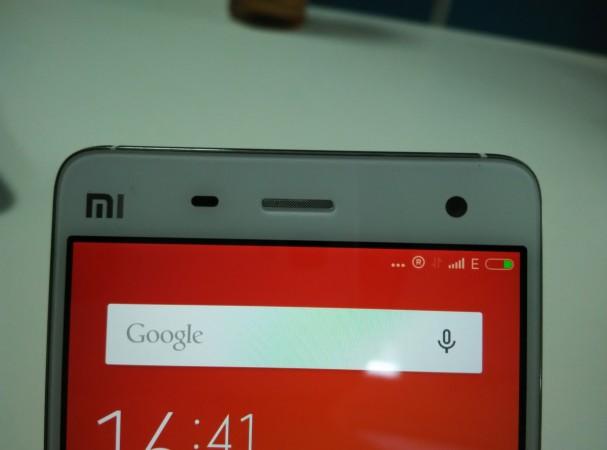
Xiaomi is gearing up to take the reins of its Indian smartphone sales in own hands and is set to start direct consumer sales instead of relying on e-commerce giant Flipkart.
While the plan has been set in motion, the online store won't be be launched until later this year. In addition, the Chinese tech giant wants to bring new payment methods like cash on delivery, a well-preferred mode of payment for online shoppers in India, as a way to help boost its presence in one of the world's fastest growing mobile market.
If everything goes as planned, Xiaomi will have its successful smartphone lineup listed on its "Mi.com" website later this year. The company is working on the idea by "looking for warehousing and logistics partners in India," Xiaomi India head Manu Jain told PTI. The launch of a new Mi Store in India will not affect Xiaomi's partnership with Flipkart but will serve as an alternate route for consumer shopping.
Xiaomi had immense success in India with three consecutive launches. The company's Mi 3, Redmi 1S and Redmi Note smartphones saw a good reception from the Indian audience and resulted in hundreds and thousands of units sold in mere seconds. Continuing the line of success, Xiaomi launched its latest Mi 4 flagship smartphone in India for ₹19,999. The handset is expected to go on sale on 10 February.
Xiaomi is also planning to branch out of China by starting its first international research and development center in India.
"We have always stated that India is one of our most important markets. We are big plans for India this year... We are in process of signing the lease on a facility in Bangalore, which will be our R&D unit. This is the first one outside China," Financial Express quoted Jain as saying.
Xiaomi's entry into the Indian market has increased the company's presence in the smartphone market. Even with limited availability, Xiaomi managed to secure a third rank in the global smartphone market with 5.3% share. The tech giant has plans to expand its presence outside Asia by the end of this year, giving more exposure to fight against giants like Apple and Samsung.

















